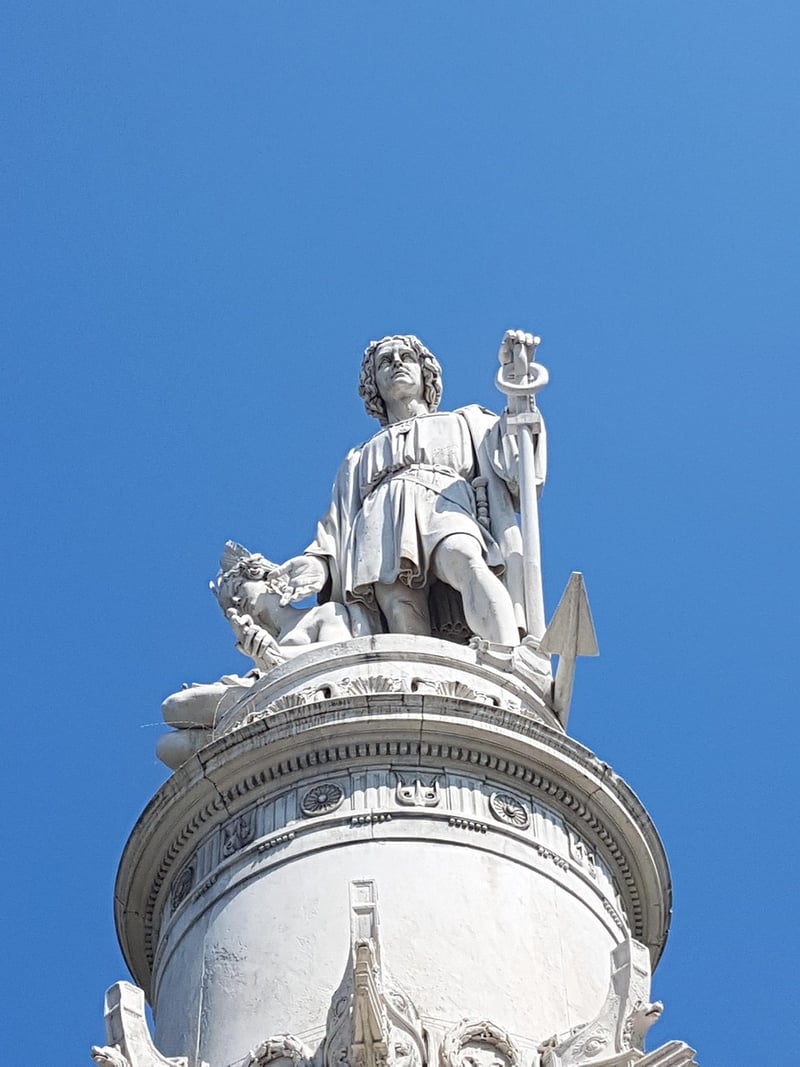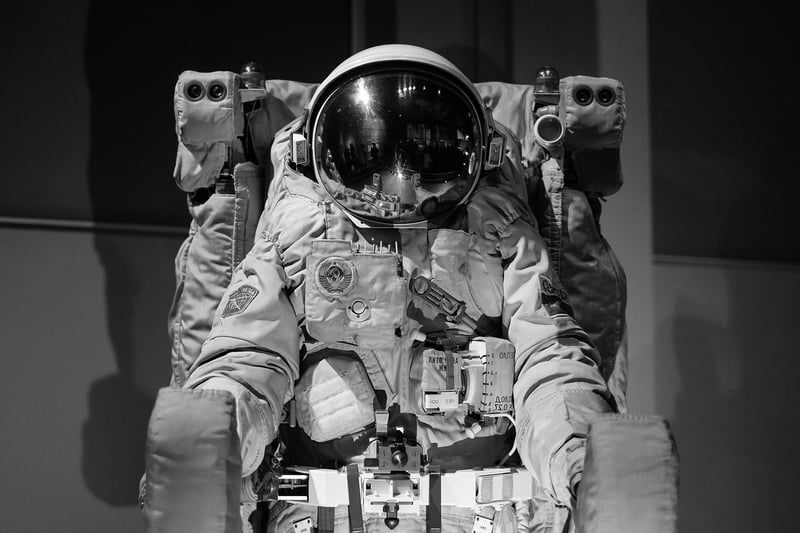Future Exploration
The Evolution of Exploration: From Ancient Times to Future Frontiers
Ancient Times: The Pioneers of Exploration
Throughout history, humans have been driven by curiosity to explore the unknown. Ancient civilizations like the Egyptians, Phoenicians, and Greeks embarked on voyages to discover new lands, trade routes, and resources. These early explorers laid the foundation for future generations to expand their horizons.

Age of Discovery: Unveiling New Worlds
The Age of Discovery in the 15th to 17th centuries marked a significant period of exploration. European explorers such as Christopher Columbus, Vasco da Gama, and Ferdinand Magellan set sail to find new trade routes, leading to the discovery of the Americas, Africa, and Asia. These expeditions reshaped global trade and cultural exchanges.

Modern Exploration: Reaching New Heights
In the 19th and 20th centuries, exploration expanded to new frontiers. Pioneers like Roald Amundsen, Amelia Earhart, and Neil Armstrong pushed the boundaries of exploration by reaching the North and South Poles, crossing the Atlantic solo, and landing on the moon. Their achievements showcased human determination and innovation.

Future Frontiers: The Next Chapter
As we look to the future, exploration continues to evolve with advancements in technology and space exploration. Organizations like NASA and SpaceX are planning manned missions to Mars, while researchers delve into the depths of the oceans and space agencies explore distant galaxies. The next era of exploration holds promises of new discoveries and breakthroughs.

From ancient seafarers to modern astronauts, the spirit of exploration drives humanity to seek new horizons and expand our understanding of the world. Each era of exploration builds upon the achievements of the past, shaping the future of discovery for generations to come.
Join us in celebrating the legacy of exploration and stay tuned for the exciting adventures that lie ahead!
